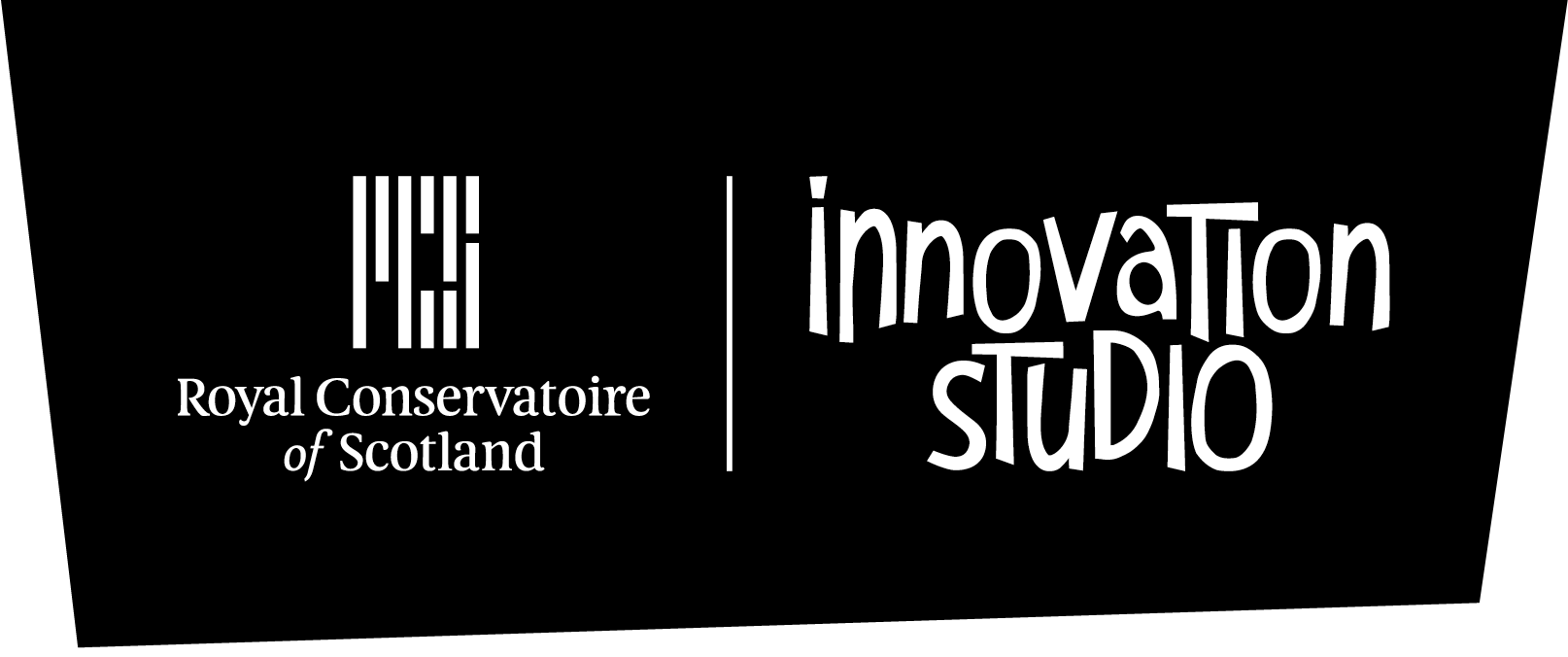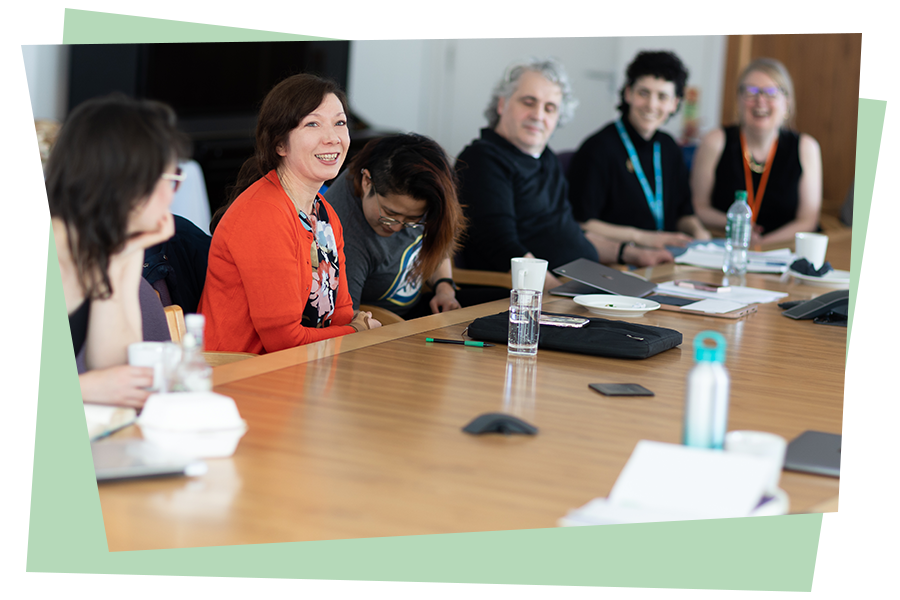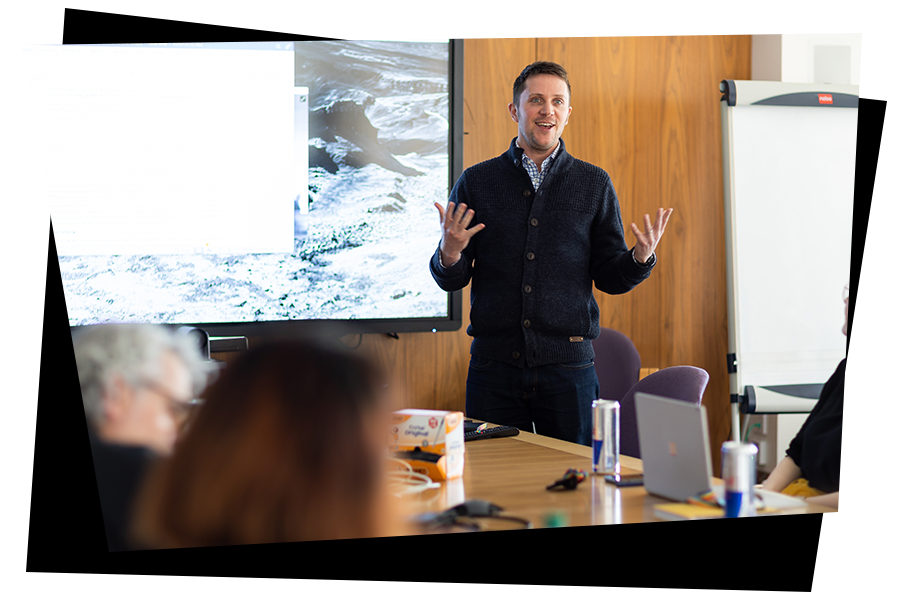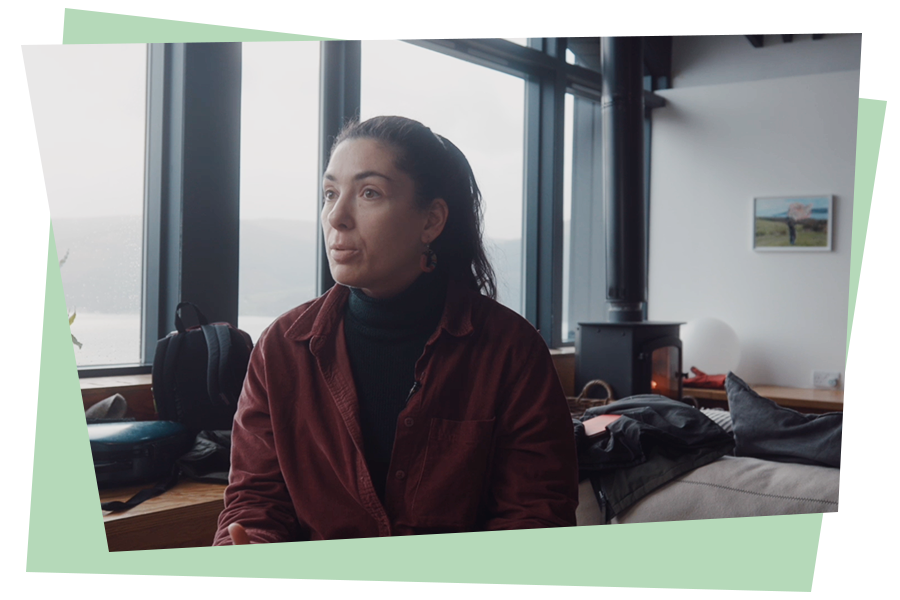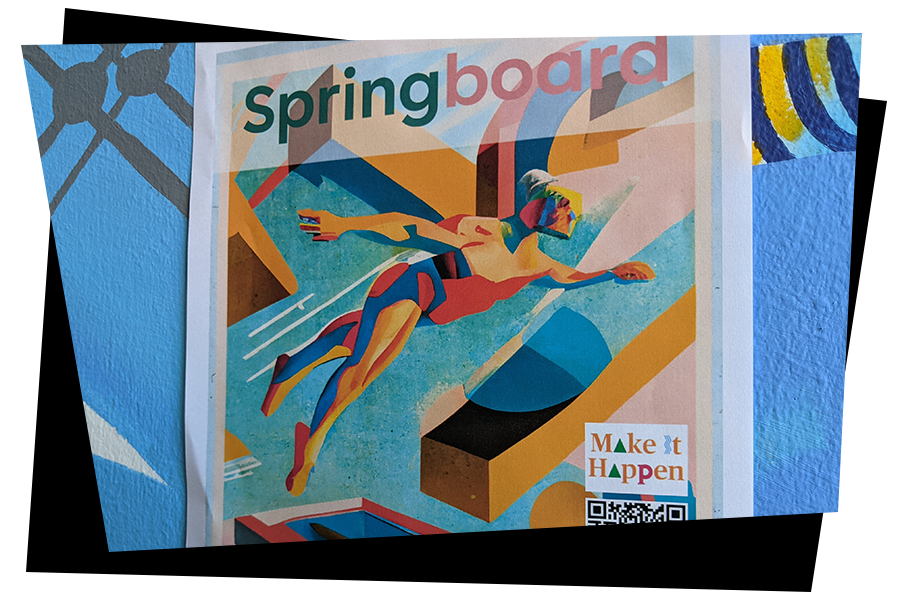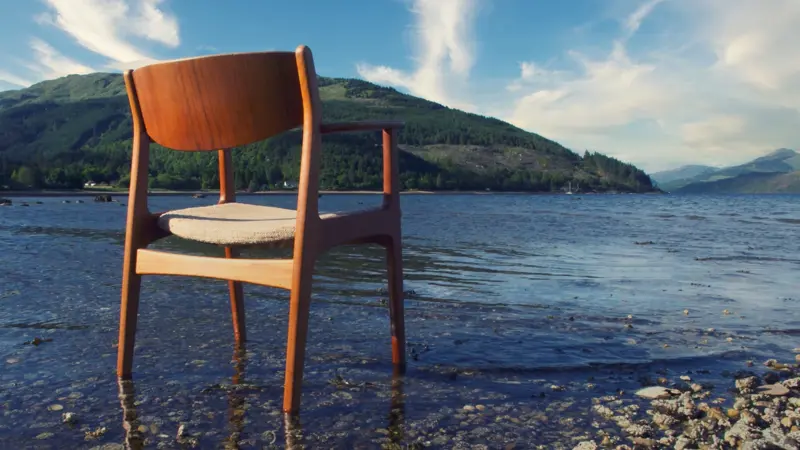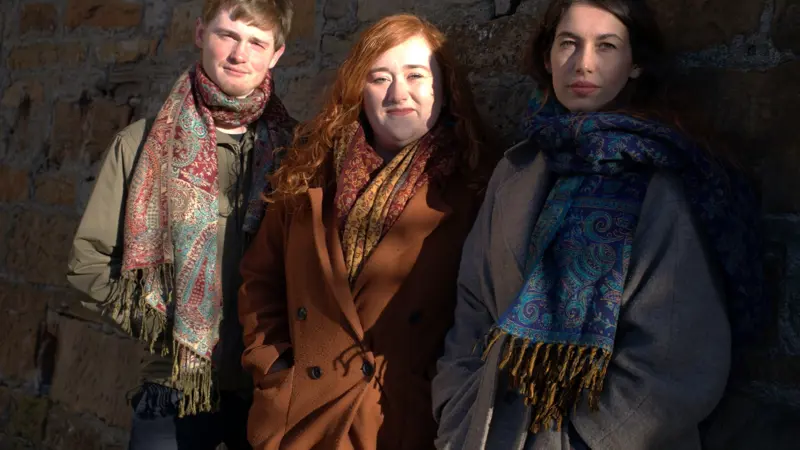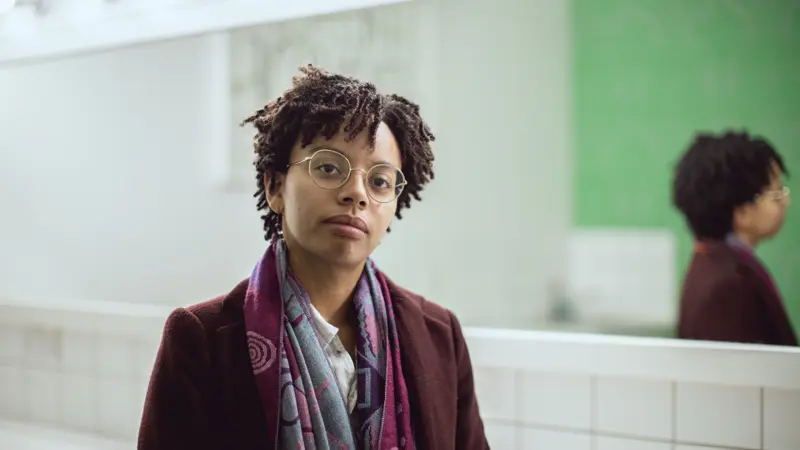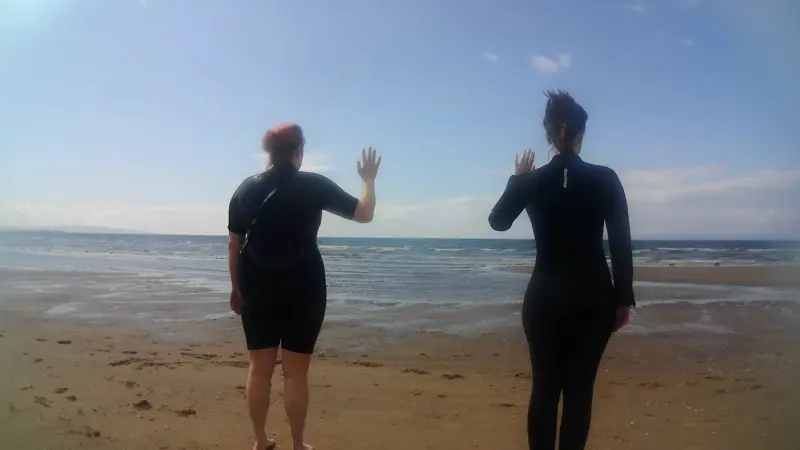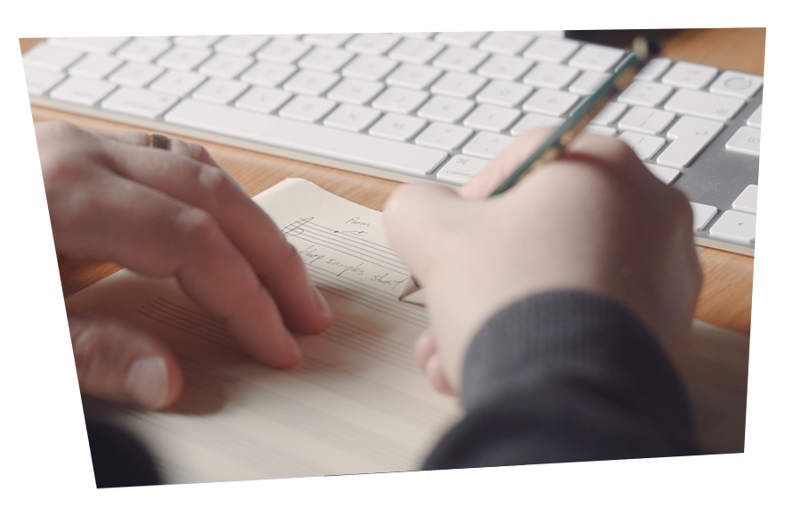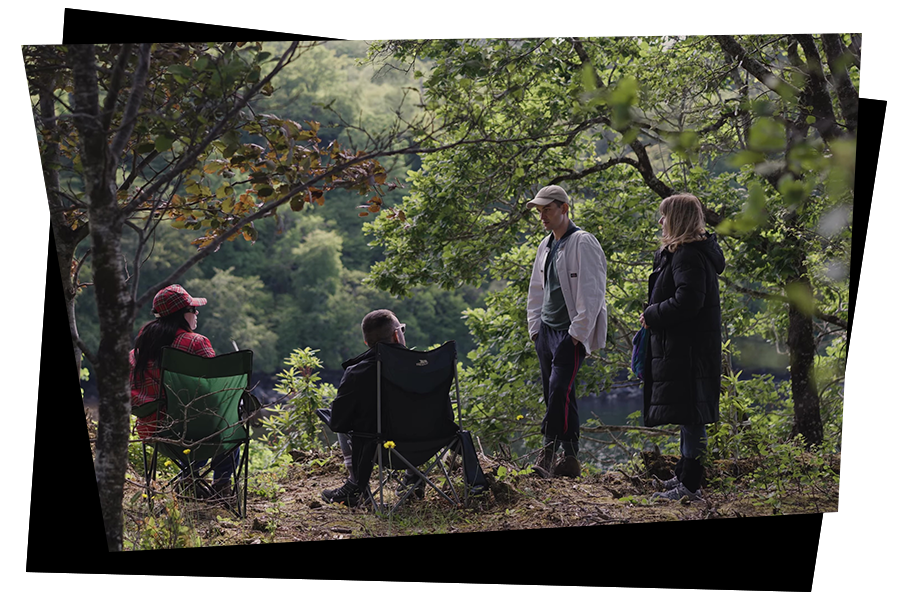
Over the course of the pilot, Innovation Studio delivered three funding rounds, awarding a total of £66,000 to 32 projects.
Originally conceived as themed challenges lasting four months each, the first round was shaped by the Green Recovery Challenge, putting a focus on sustainability, community-building, and addressing existing challenges within the creative industries.
Specific strands enabled artists to collaborate with community organisations via the Civic Fund, develop early-stage ideas via the Research & Development Fund, and conduct early-stage business development via the Business Ideas Fund.
However, we soon learned that this structure was too restrictive and did not fully support the innovation we hoped to unlock within RCS.
Hence, for the second and third funding rounds, we adopted a simpler, open funding model with two tiers of up to £1,000 for R&D and up to £4,000 for early-stage projects.
